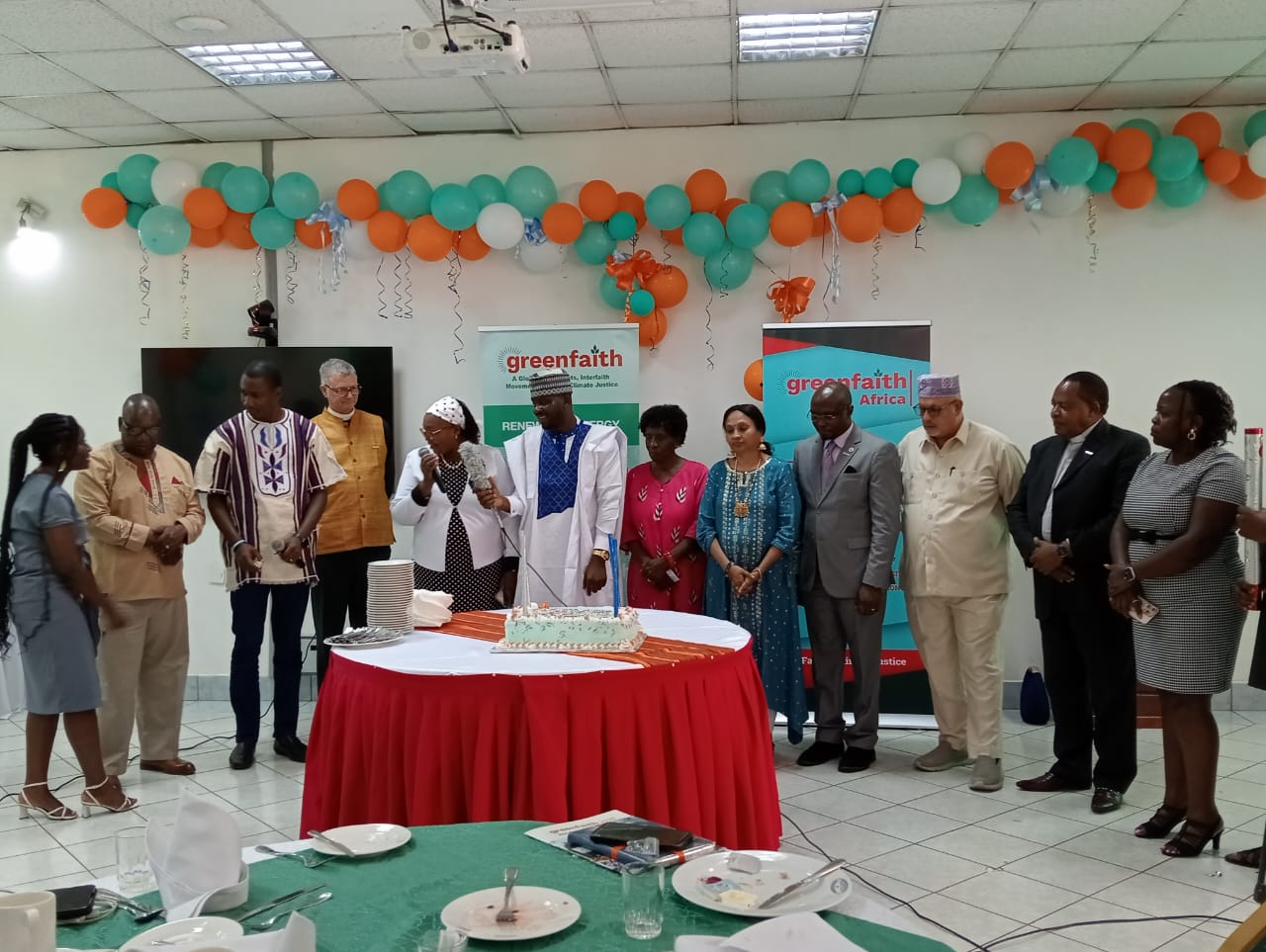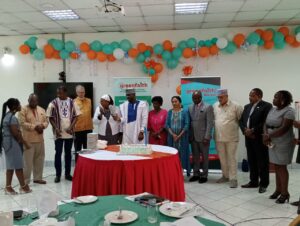
Dr. Mohamed Osman has been feted as one of the three most influential people in the continent by the Paris-based ‘Africa Intelligence magazine. In mid-January, the monthly ‘5 Magazine’ recognized him as “Top 25 Somalis of 2023.”
The African Magazine placed Dr. Osman alongside Nigeria’s Tolu Obamuroh, a rising star in the legal arena of Abuja, and Kenya’s Wanjiku Thiga, who is making significant strides in combating rising femicide rates.
“Every Wednesday, Africa Intelligence spotlights new generations of influential figures, and this week’s selection underscores the diverse and dynamic leadership emerging across the African continent,” said the opening paragraph of ‘The Africa Intelligence’, a Paris-based publication by Indigo Publications.
The magazine highlights daily French and English insights “essential for understanding Africa’s regional and local issues,” according to its website.
Established nearly four decades ago, Africa Intelligence became a daily publication in April 2020 “to better capture the continent’s rapidly evolving developments.”
What Was Dr. Osman Feted For?
Dr. Osman is widely known for his economic expertise and pivotal role in President Hassan Sheikh Mohamoud’s administration.
He was similarly recognized for his influential contributions in shaping Somalia’s financial policies, which advocated for environmental and educational advancements.
“This accolade not only highlights his (Dr. Osman’s) exceptional achievements but also reflects the growing impact of young leaders like Obamuroh and Thiga in transforming their respective countries’ business and political landscapes,” the African Magazine stated in his profile summary.
It continued: “In the dynamic landscape of African politics and economics, few figures have risen as rapidly and impressively as Dr. Mohamed Osman.”
Heralded as one of the 25 most influential Somalians of 2023 by Five Magazine, this 37-year-old economist is not just a national asset but an international influencer in the realms of economic policy, environmental advocacy, and educational empowerment.
Dr. Osman’s expertise and influence stretch far across borders, reaching his homeland of Somalia where he serves as a key member of the Presidential National Economic Council, where the country’s economic policies are shaped.
His role was particularly conspicuous in the Nairobi negotiations of the previous year, which successfully led to Somalia’s historic admission into the East African Community.
Additionally, Dr. Osman was instrumental in Somalia joining the ambitious Great Green Wall of the Sahara and the Sahel initiative, which unites nearly 20 African nations in a collective effort to combat desertification. Termed the largest living structure on the planet, the initiative stretches 8,000km across Africa.
Educational advancement is another arena where Dr. Osman has left an indelible mark. Holding a PhD in conflict resolution from the United Nations University for Peace, he became the university’s regional representative in 2018. His academic journey also includes a diploma in economics from Mogadishu University, an institution that he founded.
He’s also the head of the Sadar Development and Resilience Institute, formerly known as the Resilience Innovation Hub. An education enthusiast, Dr. Osman holds a double Master’s Degree in Economic Policy and Planning, Conflict Resolution, and Peacebuilding from Makerere University and Kampala International University in Uganda, respectively.
Dr. Osman’s influence extends to fostering future leaders and innovators. He initiated the presidential PhD scholarship program, named after President Mohamoud and funded by Qatar Charity, reflecting his vision for nurturing intellectual and leadership capacities in Somalia.
Moreover, as the primary contact for the Resilient Africa Network (RAN), funded by the United States Agency for International Development, he has played a vital role in creating the Somali Response Innovation Lab. This initiative symbolizes a collaborative effort to address Somalia’s most pressing challenges.
Through his diverse roles and relentless dedication, Dr. Mohamed Osman is not just a policymaker or an academic. He is a visionary continuously working towards a resilient, educated, and prosperous Somalia. His journey and achievements bring hope and inspiration to his fellow citizens, young leaders, and change-makers across Africa.
Dr. Osman’s educational initiatives, especially the presidential PhD scholarship program, have opened doors for countless young Somalis, equipping them with the tools to contribute effectively to their nation’s development.
“This program highlights my belief in the transformative power of education and its role in nation-building. It’s a testament to my dedication to addressing immediate challenges and laying the groundwork for long-term societal progress,” Dr. Osman said in a past function.
















